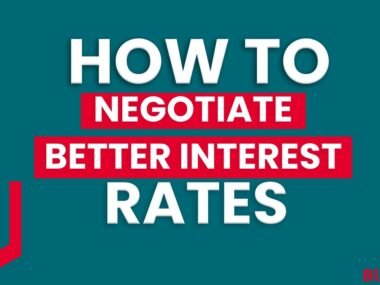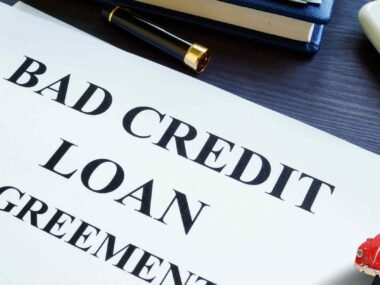12 Simple Strategies for Paying Off Debt
Debt can feel like a heavy burden weighing you down, but with the right strategies and mindset, you can take control of your financial situation and pave the way to a debt-free future.
Whether you’re dealing with credit card debt, student loans, or other financial obligations, implementing effective debt repayment strategies is key to achieving financial freedom.
This article explores a variety of proven strategies to help you pay off debt efficiently, reduce financial stress, and build a solid foundation for long-term financial stability.
12 Simple Strategies for Paying Off Debt
Create a Detailed Overview of Your Debts
Start by compiling a comprehensive list of all your debts, including outstanding balances, interest rates, minimum monthly payments, and due dates. Having a clear overview of your debts will help you prioritize and strategize your repayment plan effectively.
Assess Your Financial Situation
Take a close look at your income, expenses, and overall financial situation to determine how much you can realistically allocate towards debt repayment each month. Consider trimming unnecessary expenses and reallocating funds to accelerate your debt payoff efforts.
Prioritize High-Interest Debts
Focus on paying off high-interest debts first, such as credit card balances or payday loans. These debts accumulate interest quickly and can significantly increase your overall debt burden over time. By prioritizing high-interest debts, you’ll save money on interest charges and expedite your journey to debt freedom.
Consider Debt Consolidation
Explore debt consolidation options, such as balance transfer credit cards or consolidation loans, to streamline your debts and potentially lower your interest rates. Consolidating multiple debts into a single monthly payment can simplify your repayment process and make it easier to manage.
Use the Debt Snowball or Debt Avalanche Method
Choose a debt repayment strategy that works best for you, such as the debt snowball or debt avalanche method. With the debt snowball method, you focus on paying off the smallest debts first while making minimum payments on larger debts.
As each debt is paid off, you snowball the payments towards the next debt. In contrast, the debt avalanche method involves tackling debts with the highest interest rates first to minimize overall interest costs.
Set SMART Goals for Debt Repayment
Establish specific, measurable, achievable, relevant, and time-bound (SMART) goals for debt repayment. Determine how much debt you want to pay off within a certain timeframe and break it down into smaller, manageable milestones. Tracking your progress towards these goals will keep you motivated and focused on your debt repayment journey.
Increase Your Income
Explore opportunities to boost your income through additional sources such as freelance work, part-time jobs, or side hustles. Supplementing your primary income with extra earnings can provide you with additional funds to accelerate debt repayment and achieve your financial goals faster.
Negotiate with Creditors
Reach out to your creditors to negotiate lower interest rates, reduced fees, or more favorable repayment terms. Many creditors are willing to work with you to find a mutually beneficial solution, especially if you’re experiencing financial hardship. Be proactive in communicating your circumstances and exploring potential options for debt relief.
Avoid Taking on New Debt
Resist the temptation to take on new debt while you’re focused on paying off existing debts. Avoid using credit cards for unnecessary purchases, and practice mindful spending to live within your means. By breaking the cycle of debt accumulation, you’ll make significant strides towards achieving financial freedom.
Celebrate Milestones and Stay Motivated
Celebrate your progress along the way and acknowledge each milestone you achieve in your debt repayment journey. Whether it’s paying off a credit card balance or reaching a significant debt reduction goal, take the time to recognize your accomplishments and stay motivated to continue your efforts.
Seek Support and Accountability
Enlist the support of family, friends, or a financial advisor to hold you accountable and provide encouragement throughout your debt repayment journey. Joining online communities or support groups of individuals who are also working towards debt freedom can offer valuable insights, tips, and moral support along the way.
Stay Flexible and Adapt Your Plan as Needed
Finally, remain flexible and adaptable in your approach to debt repayment. Life circumstances may change, and unexpected expenses may arise, requiring you to adjust your repayment plan accordingly. Stay committed to your goals, but be willing to pivot and make necessary changes to ensure long-term financial success.
Paying off debt is a challenging but rewarding endeavor that requires patience, perseverance, and strategic planning. By implementing the strategies outlined in this guide and staying focused on your financial goals, you can take control of your debt, reduce financial stress, and ultimately achieve the freedom and peace of mind that come with being debt-free.
Remember that every step you take towards debt repayment brings you one step closer to financial freedom, so stay determined and keep moving forward on your journey to a brighter financial future.



